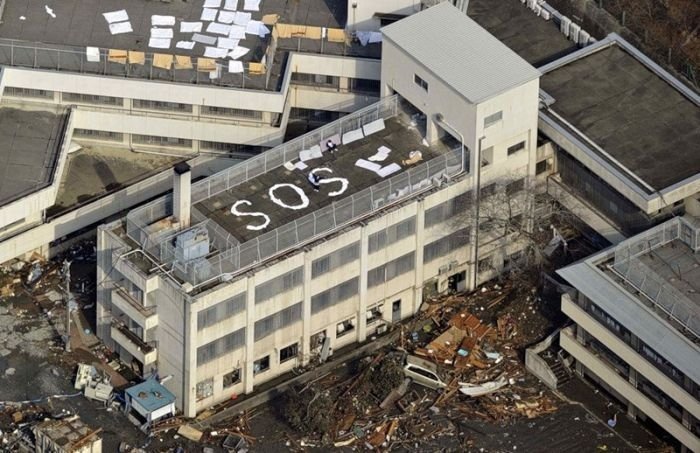|
|
2011 Sendai Earthquake And Tsunami, Tōhoku Region, Pacific Ocean
|
Other stock markets around the world were also affected; the German DAX lost 1.2% and fell to 6,978 points within minutes. Hong Kong's Hang Seng index fell by 1.8%, while South Korea's Kospi index slumped by 1.3%. By the end of trading on Friday, the MSCI Asia Pacific Index had dropped by 1.8%. Major U.S. stock market indexes rose between 0.5% and 0.7%. Oil prices also dropped as a result of the closure of Japanese refineries, despite the ongoing violence in Libya and expected demonstrations in Saudi Arabia. US crude dropped as low as $99.01 from $100.08 by lunchtime, with Brent Crude falling $2.62 to $112.81. In Hong Kong, Financial Secretary John Tsang warned investors to "take extra care" as the earthquake may have a short term impact on each local stock market.
The share prices of the biggest reinsurance companies Munich Re and Swiss Reinsurance Company fell following the earthquake on speculation that they may face losses "somewhere in the $10 billion range" even after certain costs were absorbed by Japan’s primary insurers and the government.
Peter Bradford, a former member of the United States' Nuclear Regulatory Commission, said that the impact on the nuclear power plant was "obviously a significant setback for the so-called nuclear renaissance. The image of a nuclear power plant blowing up before your eyes on a television screen is a first."
Warren Buffett also canceled a trip to Fukushima for a planned opening ceremony of a Tungaloy Corporation's plant.
|
|









